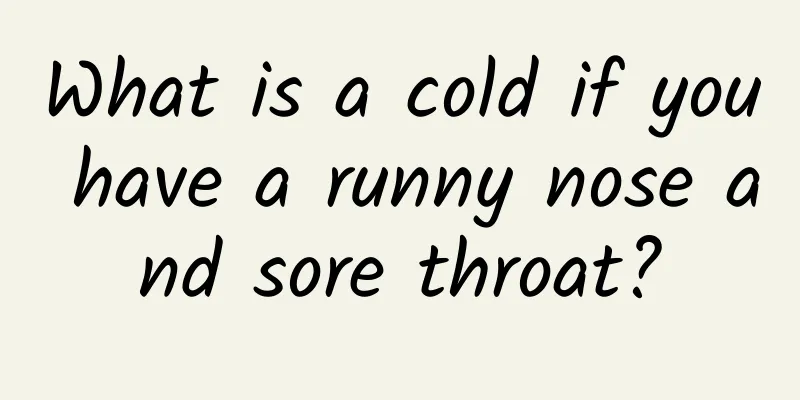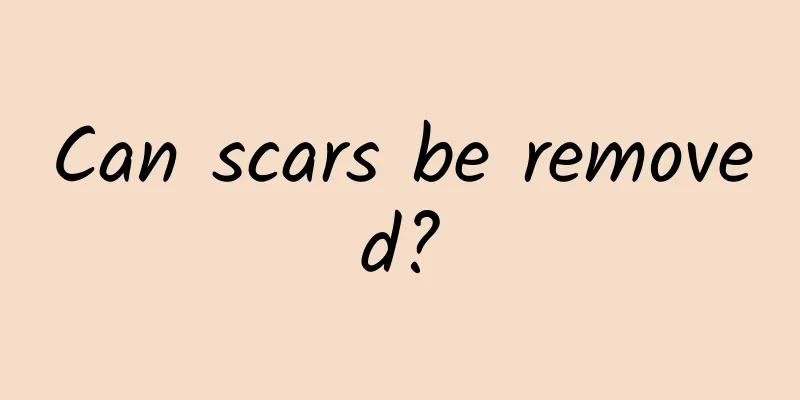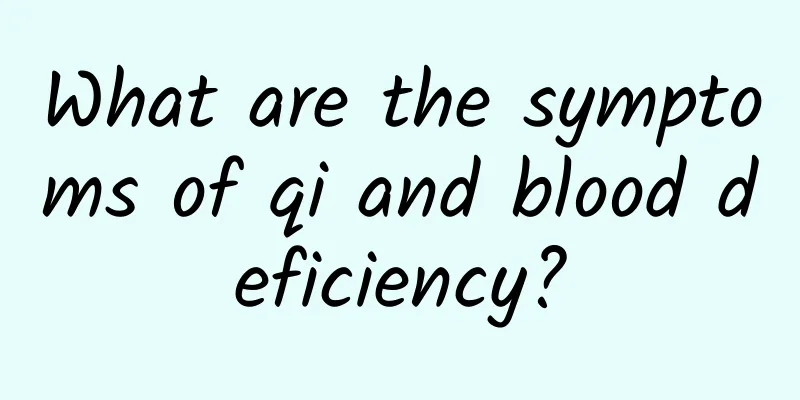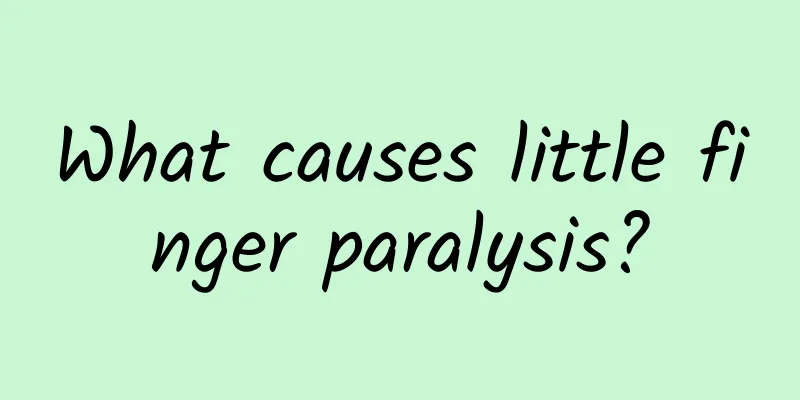What is a cold if you have a runny nose and sore throat?

|
We all know that if we catch a cold, it means that the upper respiratory tract is infected by a virus, but the symptoms and types of colds are not all the same, so the medicines for treating colds are also prescribed according to the patient's actual situation. Generally speaking, Western medicine defines a cold as a viral infection, but in traditional Chinese medicine, treatment and medication are based on the cause of the disease. So what kind of cold is a runny nose and sore throat? Traditional Chinese medicine divides colds into four types: wind-cold type colds, wind-heat type colds, summer-heat type colds and seasonal colds (influenza). According to the principle of syndrome differentiation and treatment, different types of colds should be treated with different Chinese patent medicines. 1. Wind-cold type cold: In addition to the general symptoms such as nasal congestion, sneezing, cough, and headache, the patient also has the characteristics of chills, low fever, no sweating, muscle pain, runny nose, thin white sputum, red and swollen sore throat, no thirst or thirsty for hot drinks, thin white tongue coating, etc. Usually, the patient needs to wear a lot of clothes or cover himself with a big quilt to feel comfortable. This type of cold is related to the patient's exposure to wind and cold. The principle of treatment should be to use pungent and warm herbs to relieve the symptoms. Patients can choose from cold and flu granules, cold and heat-clearing granules, Jiuwei Qianghuo pills, Tongxuan Lifei pills, Wushicha granules and other medicines for treatment. If the patient also has symptoms of internal heat and constipation, he can take Fangfeng Tongsheng Pills for treatment. Patients with wind-cold type colds should avoid using medicines such as Sangju Cold Tablets, Yinqiao Jiedu Tablets, Lingqiao Jiedu Tablets, and Compound Cold Tablets. The key to treating a cold is to sweat a little (called Xinwen Jiebiao in traditional Chinese medicine). There are many ways to do this, including sauna, soaking your feet in hot water (preferably with some wine), covering yourself with two layers of quilts, drinking ginger and sugar water, drinking ginger porridge, etc. The main prescription for treating colds caused by wind and cold is Guizhi Decoction, the first prescription in Treatise on Febrile Diseases, also known as the king of harmonizing prescriptions (Mahuang Decoction is also the main prescription for treating colds caused by wind and cold, but it should be used with caution in the south). Summary: Pungent and warm, it can relieve exterior symptoms, clear the lungs and dispel cold. 2. Wind-heat type cold: In addition to the general symptoms of a cold such as nasal congestion, runny nose, cough, and headache, the patient also has high fever, thick yellow sputum, sore throat (usually pain before the onset of cold symptoms), yellow or black sputum, and constipation. The principle of treatment should be to relieve the exterior symptoms with pungent and cool properties. Patients can choose from Xiangxue antiviral oral liquid, cold and fever reducing granules, Isatis root granules, Yinqiao Jiedu pills, Lingyang Jiedu pills and other drugs for treatment. Patients with wind-heat type colds should avoid using medicines such as Jiuwei Qianghuo Pills and Lifei Pills. 3. Summer-heat and dampness type cold: Patients show symptoms such as chills, fever, tasteless mouth, headache, head swelling, abdominal pain, diarrhea, etc. This type of cold often occurs in summer. Treatment should focus on clearing away heat, removing dampness and relieving exterior symptoms. Patients can choose to take drugs such as Huoxiang Zhengqi Water and Yinqiao Jiedu Pills for treatment. If the patient has severe gastrointestinal symptoms, it is not advisable to use drugs such as Baohe Pills, Shanzha Pills, and Xiangsha Yangwei Pills. 4. Epidemic colds: The patient's symptoms are similar to those of wind-heat colds. However, the symptoms of patients with epidemic colds are more severe than those of patients with wind-heat colds. Patients may experience sudden chills, high fever, headache, fear of cold, chills, severe headache, body aches, fatigue, nasal congestion, runny nose, dry cough, chest pain, nausea, and loss of appetite. Infants, young children, and the elderly may develop complications such as pneumonia or heart failure. Treatment should focus on clearing away heat, detoxifying, and dispersing wind and relieving the surface. Patients can choose to take drugs such as Xiangxue Antiviral Oral Liquid, Fangfeng Tongsheng Pills, Zhongganling Tablets, and Zhonggan Tablets for treatment. If patients with epidemic colds are treated with only Yinqiao Jiedu Tablets, Qiangli Yinqiao Tablets, Xiasangju Cold Tablets or Niuhuang Jiedu Tablets, the therapeutic effect will be poor. Patients with toxic influenza will suffer from high fever, delirium, coma, convulsions, which can sometimes be fatal. Because the disease is highly contagious, it should be isolated and treated early. In short, patients with colds should choose different Chinese patent medicines for treatment according to the characteristics of their own condition, otherwise it will affect the efficacy and delay the disease. |
<<: Is it suitable to exercise when you have a cold?
>>: What are the effects of cold vaccination?
Recommend
How to get rid of the redness on your face?
If you find that your face is red, you must not i...
What causes sudden tinnitus? Three reasons you must know
In clinical practice, sudden deafness is a common...
What are the symptoms of dehydrated skin?
Skin dehydration is quite common in our daily lif...
Effects and functions of compound lingjingcao tablets
The spinulosa rubescens lozenges are a kind of tr...
Treatment of miliaria
Milia miliaria is a common skin disease in infant...
What to do if there is a cyst in the uterus? Chinese medicine diet therapy has a folk remedy
If a female friend has abnormal leucorrhea, somet...
Who should not eat golden thread lotus?
Golden money lotus is a cold medicinal material. ...
The drug of choice for stable angina
To treat a common heart disease like angina pecto...
Can cracked teeth be treated?
Hidden cracks in teeth are quite common in our da...
Reasons for delayed and scanty menstruation
There are many problems that women have due to me...
Why do my hands and feet feel numb the day after drinking?
After drinking, if you experience numbness in you...
Symptoms of excessive stomach acid, early treatment
Gastric acid helps us digest food. If there is to...
There is a tumor in my stomach
When it comes to abdominal tumors, people may jus...
What to do if liver fire is too strong
Excessive liver fire is also called rising liver ...
What are the symptoms of high blood lipids? Traditional Chinese medicine teaches you to check high blood lipids from your eyes
As the quality of life and conditions are getting...









